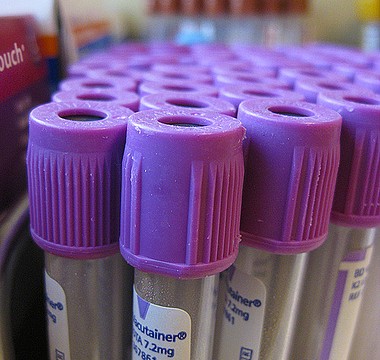Fetal DNA Testing
If you knew that there was a fetal DNA test, using a simple maternal blood or urine sample, which could be used at seven weeks of pregnancy to determine the genetic health or gender of your baby, would you use it? Though it sounds unbelievable, the test isn’t far off.

Researchers are currently exploring methods that will allow them to test maternal blood or urine to look for the y-chromosome. Remember, women have two X chromosomes and males have one X and one Y chromosome. Therefore, if the test detects the presence of a Y chromosome in the blood or urine of a pregnant woman, it can be deduced that the child she is carrying is male. Researchers have long known that fetal DNA does end up in maternal blood, so now it’s a matter of learning how to detect it.
Diana Bianchi, a researcher and geneticist, is the executive director of the Mother-Infant Research Institute at Tufts Medical Center. She is working on a review of many different studies evaluating such medical tests, which she cites 95% accuracy at seven weeks. At 20 weeks of pregnancy, they were accurate close to one hundred percent of the time. Overall, tests using maternal blood were more accurate than tests using her urine. It is important to note that she didn’t include consumer tests for fetal gender in her study.
The Benefits of Fetal DNA Testing
Besides knowing whether to plan for pink or blue, what are the benefits of fetal DNA testing? Well, a few genetic diseases are significantly more prevalent in males than in females. Color-blindness and hemophilia are two well-known examples. Let’s say that mom knows that she is a carrier for hemophilia (a disorder where blood-clotting is abnormal, leading to severe problems with bleeding) and knows that she is having a boy, she may want to consider further genetic testing as the pregnancy advances. If the test is negative (i.e. she’s having a girl), she could be spared the expense, stress and discomfort of having an amniocentesis.
Ethical Implications
These tests, however, are not routinely used, especially for couples that simply want to know their baby’s gender. Many experts are concerned about the ethical implications related to the possibility of couples using the test for family balancing (for example, a couple with three boys wants a girl) and the risk of pregnancy termination if not the desired gender.